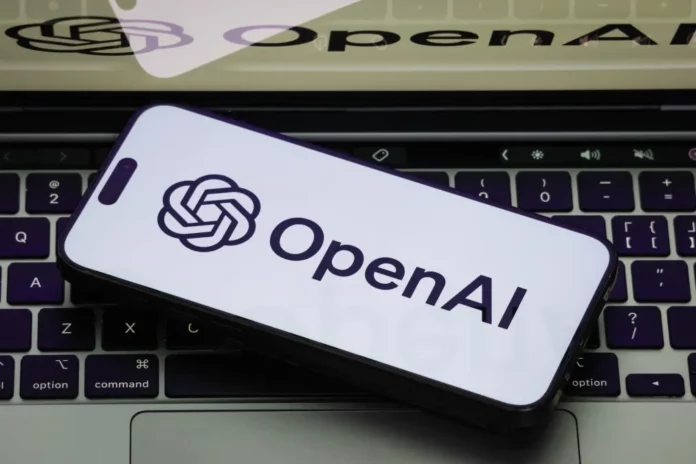
Contractual Highlight:
- OpenAI inks a landmark $200 million contract with the Pentagon to enhance national security.
- Collaboration targets frontier AI capabilities, addressing critical defense needs against global threats.
- Raises significant ethical and operational implications for future military technology and AI development.
By Samuel Lopez – USA Herald
WASHINGTON, D.C. – OpenAI, the groundbreaking tech firm behind the revolutionary ChatGPT, has secured a substantial $200 million contract with the U.S. Department of Defense (DoD), marking a pivotal advancement in integrating frontier artificial intelligence technologies into national security frameworks.
The Pentagon’s announcement on Monday detailed the strategic objectives underlying the significant investment, emphasizing the contract’s central aim of developing “prototype frontier AI capabilities” that directly respond to “critical national security challenges in both warfighting and enterprise domains.”
This landmark deal signifies a concentrated effort by the United States to leverage advanced artificial intelligence to bolster national defense mechanisms, directly countering escalating threats from international rivals.
While this agreement represents OpenAI’s first publicly disclosed direct contract with the Pentagon, it is not the company’s initial foray into defense-oriented applications of AI. In December, OpenAI partnered with military contractor Anduril Industries, actively developing sophisticated artificial intelligence systems designed specifically for counter-drone operations. According to Anduril, their collaboration aims to use AI technologies to rapidly synthesize critical data, substantially reducing operational burdens on human personnel and enhancing situational awareness on the battlefield.
Further illustrating the growing symbiosis between the AI sector and national defense, in January, OpenAI CEO Sam Altman joined forces with Silicon Valley executives and President Donald Trump in announcing Project Stargate. This ambitious $500 billion initiative underscores a profound commitment to expanding America’s computing infrastructure, positioning the United States firmly at the forefront of global AI development.
Demonstrating its dedication to serving governmental needs, OpenAI released a customized version of ChatGPT earlier this year, tailored explicitly for use by the U.S. government. Integrated with specialized hardware like Microsoft Azure’s cloud infrastructure, this government-specific AI platform enables agencies to independently manage stringent security, privacy, and compliance standards. Altman emphasized in a February meeting in Washington that OpenAI’s mission aligns closely with safeguarding America’s competitive advantage in AI, and reinforcing the need for robust protection of American’s most advanced AI secrets.
The intersection of advanced artificial intelligence with defense and military operations naturally brings critical ethical considerations into focus. As the development of AI capabilities accelerates under this new Pentagon agreement, debates surrounding the ethical deployment of these powerful technologies will likely intensify. AI’s potential application in autonomous weapons systems and surveillance technologies raises profound legal and moral questions, calling for clearly defined regulatory frameworks and rigorous oversight.
Moreover, OpenAI’s partnership with the Pentagon could set a precedent, influencing how other tech companies engage with government contracts. The implications of AI-driven warfare and national security are vast and complex, requiring meticulous attention from legal scholars, policymakers, and technology experts alike.
With a scheduled completion date of July 2026, this initiative promises significant advancements in AI-driven defense solutions. The project’s success will likely stimulate further investments in frontier technology, reshaping both military and civilian applications of artificial intelligence. OpenAI’s venture into this domain serves as a critical barometer of AI’s role in modern warfare, potentially setting the stage for a new era of technological integration in national defense strategy.
In light of this milestone, industry observers will closely monitor the Pentagon’s utilization of OpenAI’s advancements, gauging the tangible impacts on operational efficiency, defense capabilities, and broader strategic geopolitical dynamics.
Engage and Explore Further:
🔗 Follow USA Herald on X @RealUSAHerald


